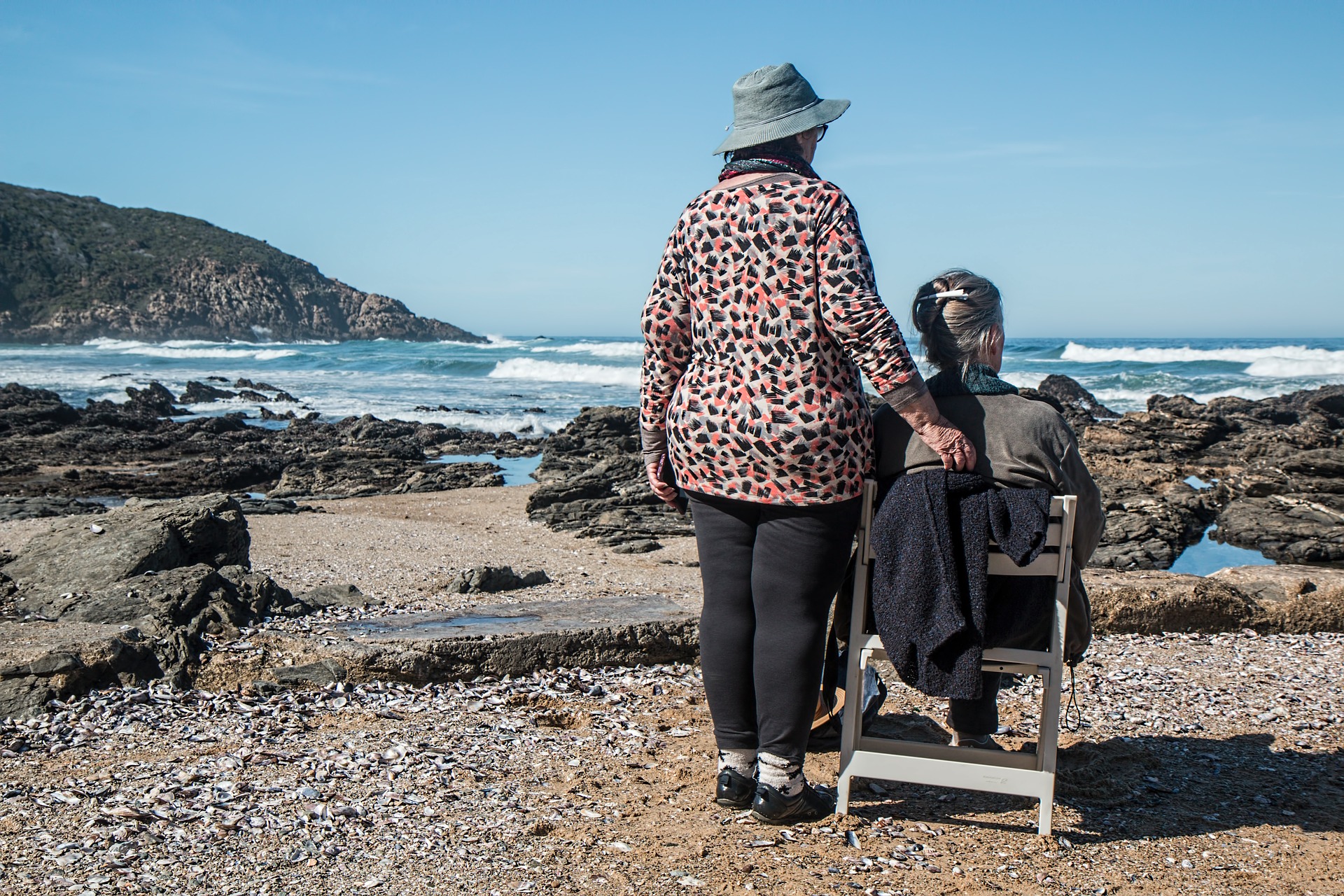At some point in each of our lives, we will grow old and experience the body and mental changes that it comes with growing old. Slower reflexes, less endurance, and loss of memory are only a few of the changes that aging can bring to a person. In a family, it can sometimes be difficult to accept when the parents, who you once look up to be the strong and untiring ones, are going through the different phases of aging.
It can be scary seeing your loved ones going through this, but the important thing is you are there to care for them and support them.
Advice for identifying that now it’s time for memory care assisted living
Deciding when your loved ones need memory care can be both an internal and external battle. Internally, you may struggle to accept and decide that your loved ones are aging and they need help. Externally, the discussion with your loved ones may not go smoothly, as some may refuse to accept that they need help.
Hiring a carer for assisted living may sometimes make elders feel helpless and disabled. This is why it is important to sit down, talk to them sincerely and lay down the facts that assisted help is there to help them around the house. Before you talk to them, here are some things to look out for the see if they are indeed in need of memory care.
1. Look for unopened mail & forgetfulness
Forgetfulness is the first and most obvious sign of memory loss. This can easily escalate to a dangerous thing in a household, especially forgetting simple things which can be a health and fire hazard. These instances are easy to spot and over time can become a habit, such as forgetting to wash their face, forgetting to tie their shoes, and if they often mention about forgetting where they put stuff.
Another sign to look for is unopened mail. Mail is a regular routine in many homes. If your loved one forgets to check and open their mail when it is a regular thing that they do, then it can be a case of memory loss.
2. Observe your mom or dad’s social life
Many signs can be attributed to forgetfulness. Their social life may slow down either because of forgetting important dates for gatherings or simply lacking the enthusiasm to go to these gatherings.
3. Once inspect the kitchen & walk around the house
Checking up on your loved ones can be extremely helpful for them and their safety around the house. Before deciding for assisted living, a few of the things you can monitor is the house and the simple chores that are supposed to come easy on them. Check the kitchen for any forgotten items such as unwashed utensils and tables, slippery floors around the house and other home arrangements that have changed.
4. Have a look for increased frailty & other physical changes
Memory loss can take its toll on the physical aspects of a person. Forgetting to take their supplements and vitamins, forgetting to eat, lack of appetite and lack of rest are a few of the physical changes that can lead to body weakness and frailty. Another sign to look at is the lack of focus and attention while conversing. Memory loss can easily sweep out a person’s attention even while you are both talking.
Experience symptoms that it’s time for assisted living
Memory loss can be a complicated matter to identify, but once you decide to give your loved ones assisted living, you should also be prepared to face these changes in your life.
1. Caregiver stress and burnout
You need to remember that your loved one’s compatibility with their caregiver may not always be good. If you are the one taking care of them, you may also experience caregiver burnout. This is a normal occurrence when taking care of someone with dementia or Alzheimer’s, and it is important to remember that your loved one is experiencing a change in their life that they may not understand, which brings out their frustrations sometimes.
2. Escalating care needs
As memory loss progresses, the needs for their care may also increase. This includes medical needs, supplements and daily mobility needs that will require you to exert physical effort to help them out in the regular tasks.
3. Home safety
Home safety should be maintained because simple things around the house can be proven a hazard to people with memory loss. If they live in a two-story home, it will be best to move them in a room on the first floor and avoid the stairs. Electric appliances should also be monitored, as well as the kitchen and the bathroom.
4. Wandering
Memory loss can reach a point when a person may forget where he/she lives. There have been many cases where a person wanders off and then forgets where they live, to a place where they barely know anyone. One thing you can do to prevent this is to walk with them if you have the time or let them bring an identification that they can follow home.
5. Disabling anxiety
Anxiety is a common case for people who are in the beginning stages of memory loss, and it is understandable. Memory loss can progress and there is a disabling fear among patients that they will eventually forget the people they love and their friends. Be supportive during these times.
6. Intrusive thoughts and more
They also might experience intrusive thoughts and, in some cases, paranoia. These instances are common and understandable for someone who faces memory loss. Talk to them and assure them that you are there to help. Be extra supportive.
Caring for the elderly members of your family can be a full-time job. You are responsible to learn how to properly care for them, particularly when the stages of memory loss and mental health degeneration are increasing. You can learn more about memory care from https://www.memorycarenearme.net/ and when to know if your loved ones need to be assessed.



















